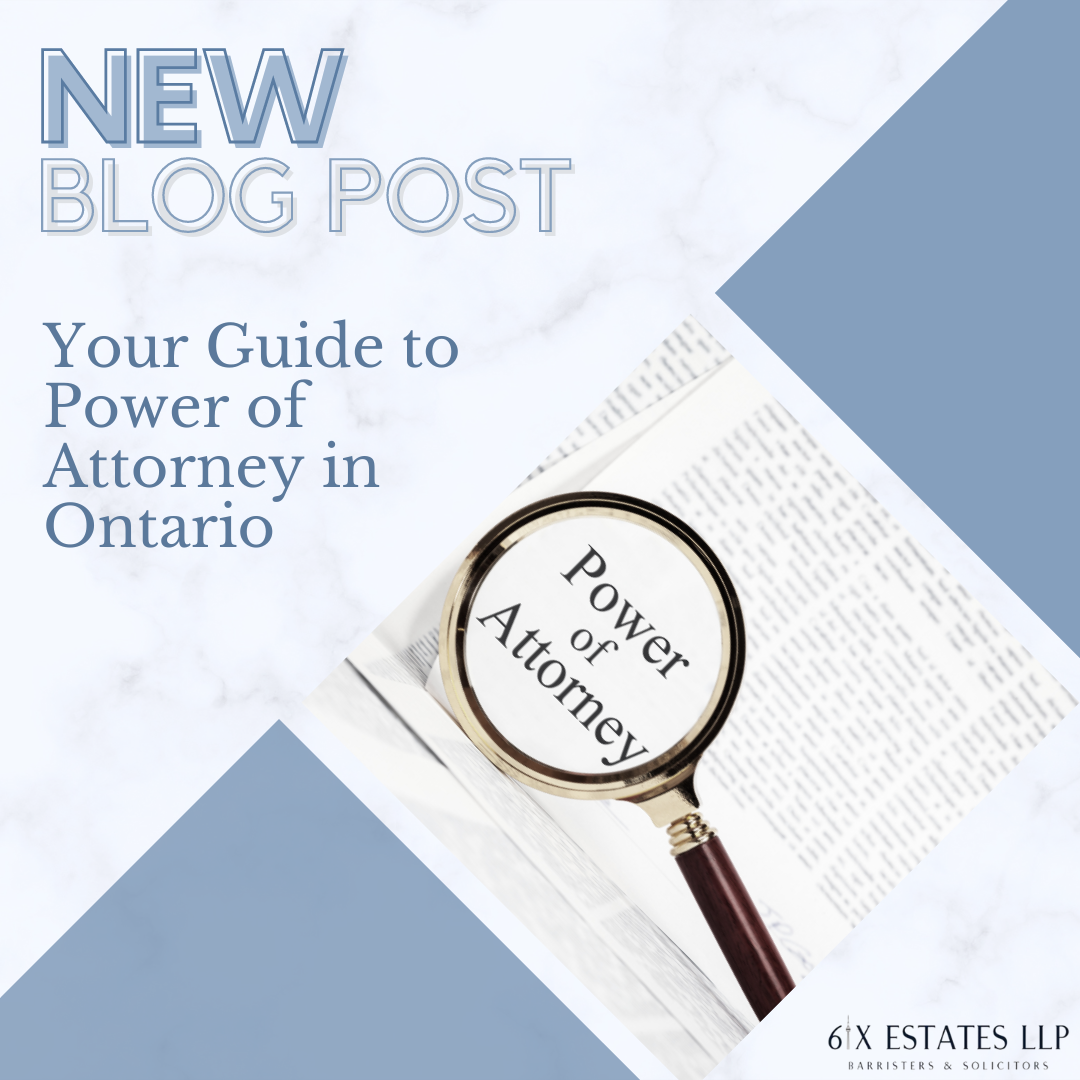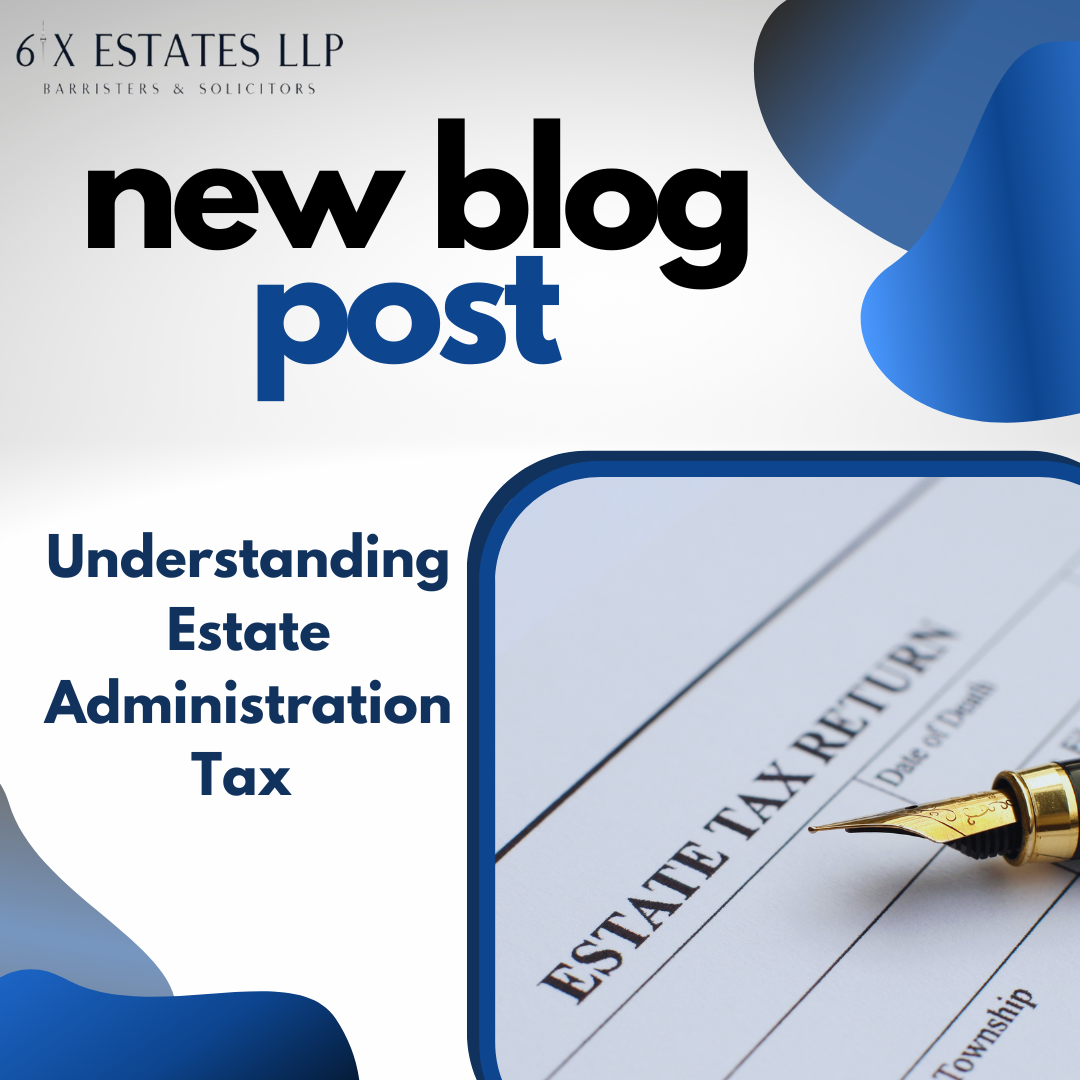When entrepreneurs enter a partnership, things do not always go as planned. Due to the risks, high-value assets, and liabilities involved in running one’s own business, entrepreneurs often engage in Limited Liability Partnerships (LLP). However, these relationships can become tricky when things fall out of place, high stakes are involved, and partners are failing to see eye-to-eye and come to an agreement. This often times results in businesses falling apart. Before engaging into a partnership, it is important to understand the possible risks associated with it, and how you and your partner can effectively and efficiently combat a fallout without it being detrimental to the relationship both partners have built.
Prior to the fallout happening, you are responsible for ensuring you seek the support and legal assistance you may require. A common misconception people believe is that fallouts are always due to arguments between partners, or one getting greedy for the monetary benefits. This, however, is not always the case. One owner can decide to split and go separate ways due to one partner not being as invested as the other, or even because one partner wants to retire. Due to this, it is crucial to have an exit strategy ready no matter who your partner is and what relationship you may have.
Have an Exit Strategy
Prior to engaging in a business partnership, you want to discuss how you plan on splitting the assets with your partner. Some options include:
1. Buying a partner out
2. Selling your stake to your partner
3. Selling your stake to another individuals
4. Merging with another business
Be sure to discuss with your partner before engaging in business together to properly understand and know what each person wants.
Discuss The Aftermath of The Business
Not only is it important to discuss the plans of the business with your partner, it is also important to disclose any plans you may have regarding another business, plans or prospects. This is to ensure that you do not run into conflicts in the future, nor any legal issues. You want to make sure that you are as transparent as possible so you can avoid any misunderstandings or agreements.
Obtain Legal Support
Although a business starts with good intentions, you can never predict the future. Some people do have bad intentions, no matter what relationship the partners have outside of business. If the intention is for the business to be successful, and if both partners are moving with honesty and by the books, there should be no problem to engage with a corporate lawyer. This is to ensure that both partners have something in place to determine what the split will look like when the business flourishes, if one partner chooses to leave for whatever reason. Since there is a lot of paperwork involved in dismantling a business and splitting assets, the lawyers here at 6ix Estates LLP work hard to make sure nothing is overlooked. Hence, we know how to best protect our clients’ interests. Get in touch with our firm at 416-206-6816 anytime Monday to Friday between
9am and 5pm. We will be more than happy to assist you to ensure the success of your business journey










